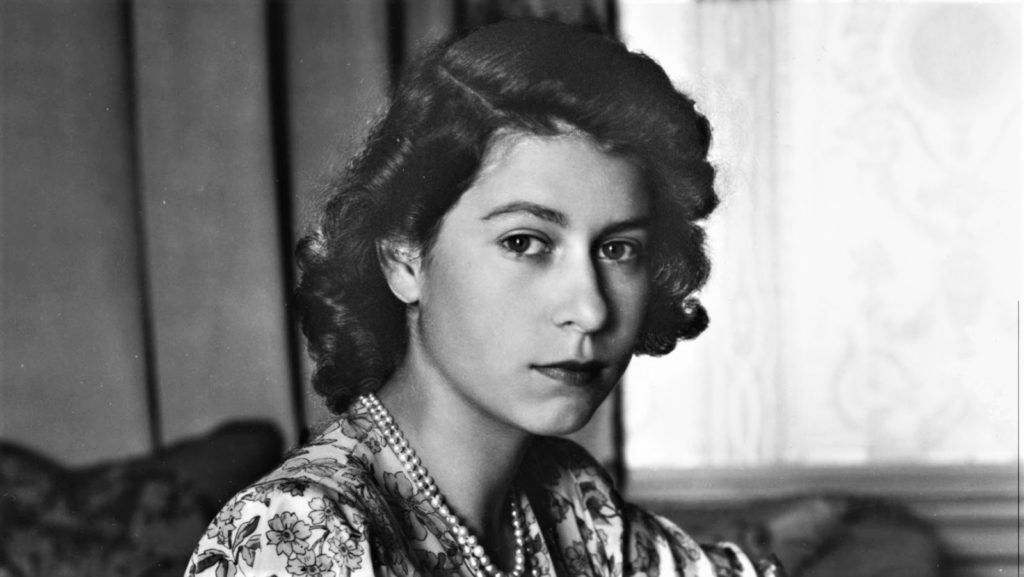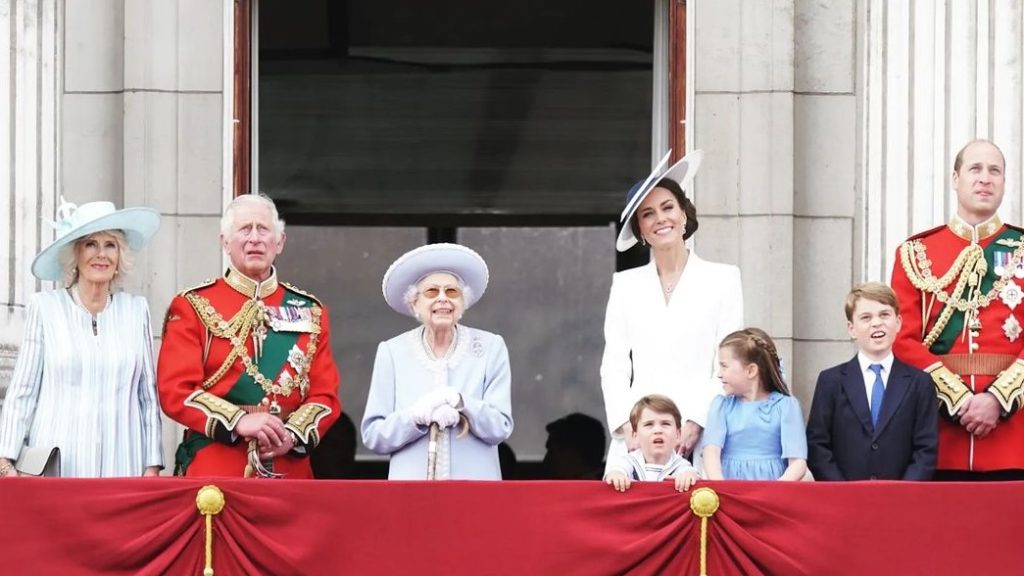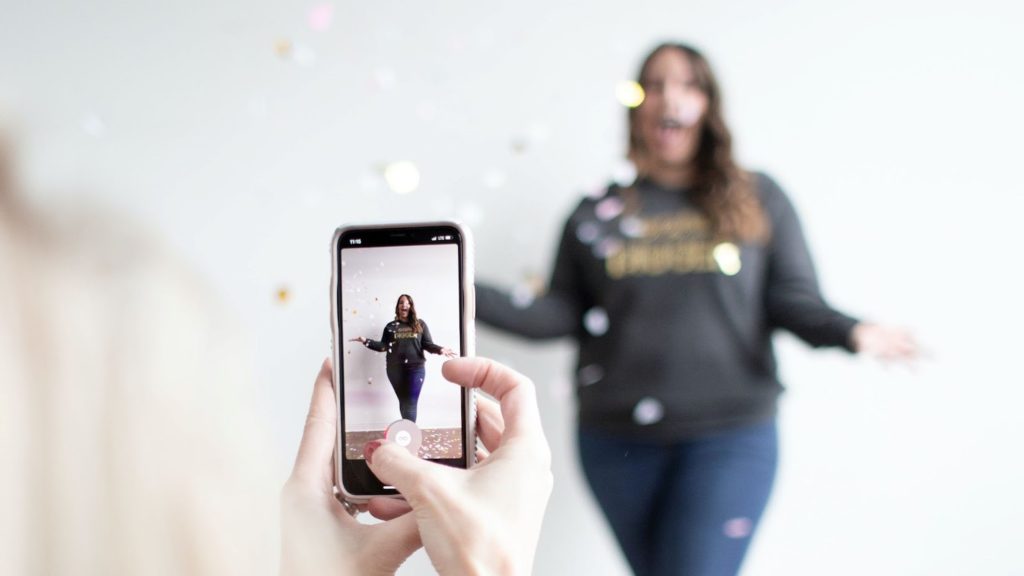
Source: The Royal Collection Trust
On the evening of September 8th 2022, Buckingham Palace announced the death of its longest-reigning monarch, Queen Elizabeth II. Charles III, her son, will now succeed her as King of the United Kingdom and 14 other Commonwealth realms.
The late Queen was the longest-serving British monarch. Given her long and illustrious reign, she witnessed it all. The Queen was a front-row witness to the dawn of the information age.
The following developments perfectly capture the contrast of how far technology has come since her birth in 1926 to her death in 2022:
- Born in 1926 – John Logie Baird presented his mechanical television, a precursor to television sets.
- Ascends to the throne in 1953 – Polio vaccine was developed.
- Dies in 2022 – A robot capable of peeling a banana is introduced.
While the last one might seem trivial, it is a testament to technology’s advancement through the years. What was once considered fiction, such as video calling, instant communication, and electric cars, are now part of the reality we experience in the third decade of the 21st century.
Sentiments Should Not Be Dismissed
Although the British monarch’s position had nothing to do with technology creation and adoption, public sentiment does guide technology’s direction and progress.
The late Queen was an avid supporter and early adopter of various technologies. She helped introduce technology to the British people and the rest of the English-speaking world.
A quarter of a century after her father, King George V, made the first radio Christmas broadcast, the Queen did it on television. By the end of her reign, she had made 64 televised addresses. In her 2017 address, she pointed the world’s attention to the careless use of media and technology.
That statement now seems prophetic, as cybersecurity issues, either from neglect or greed, have since risen exponentially. We’ve learned that no matter the advancements in technology, those willing or able to misuse it, will.

Source: Instagram, The Royal Family
From TV to TikTok
For today’s youth, watching TV isn’t as exciting as it once was. Few things today warrant using a screen bigger than your phone’s. But, seven decades ago, having a television set was a matter of prestige.
The 1950s was the decade when households struggled to get their own TV set. When Queen Elizabeth II ascended the throne in 1953, only 44% of US households had a TV set. In poorer neighborhoods, the whole community would gather around one TV set.
For scheduled programs, the whole family would sit in front of the TV, which would rarely be over 18 inches diagonally, and watch the latest news and entertainment. And, with only 20 million TVs available at the time, families would share a single set.
Contrast that with the ubiquity of technology in 2022. We have an estimated 301+ million smartphones in the US alone–including US-based networks–and 6.6 billion worldwide. Today, approximately 80% of the US population has access to high-speed internet.
The Proliferation of Media and Free Speech
Arguably, the biggest shift in media during Queen Elizabeth II’s reign was in communication and content production from centralized entities, like the British Broadcasting Corporation (BBC), to content produced by consumers.
Memes will certainly surface–some in bad taste–which only prove that media resources are now more dispersed than ever before. Despite big tech’s efforts, subduing and censoring all shared content is impossible. Plus, apps like TikTok and Telegram are based outside the US, and the regulators can do little to reign them in.
Even with the UK’s lack of free-speech protection in its constitution, it is virtually impossible to police speech on American or Chinese platforms.
Therefore, the Queen’s experience with technology helped her reach her admirers through her addresses. At the same time, however, it has gained the monarchy a lot of public detractors.

Source: Amanda Vick on Unsplash
From Room-Sized to Hand-Held
Coincidentally, the first patent for read-only memory was made in the same year Elizabeth II became queen. At the time, IBM 305 RAMAC–the first-ever hard disk–came out with 3.76 megabytes of storage capacity. It was priced at $750, which would be $8,291 today. IBM has come a long way since then.
Today, you can buy hard disks online with one million times more storage capacity for under $100.
The late Queen sent her first email in 1976 through ARPANET, and even had a personal username, HME2. She commented on the use of this technology in her 1983 Christmas address.
In that address, she spoke of her grandfather, King George V’s round-trip journey from London to New Delhi, which took him three months to complete. She said it took her a few hours to send a message on the same journey, expressing her amazement at the technological progress.
Cybersecurity enthusiasts will recognize the deeper message in her words when she marveled at technology but cautioned against its misuse by certain actors. Humans speak without saying anything and hear without comprehension, she said.
A long-term admirer of technology, the Queen frequently stressed that computers are there only to facilitate communication; they can’t create friendships, generate compassion, and build tolerance. All of that is for us to create.
Whatever anyone’s thoughts about the late Queen, good or bad, she was a witness to technology’s progress for almost a century.



